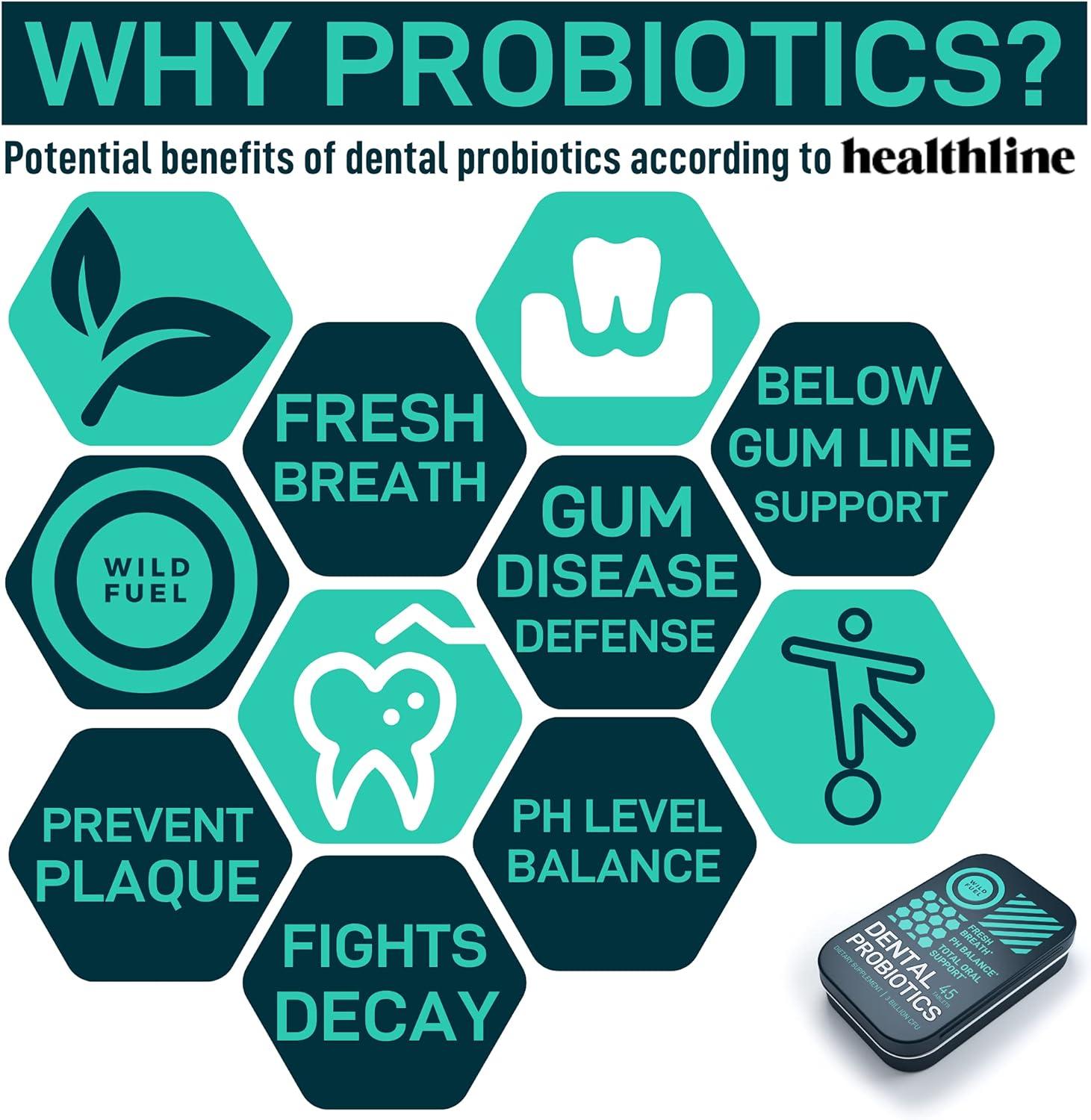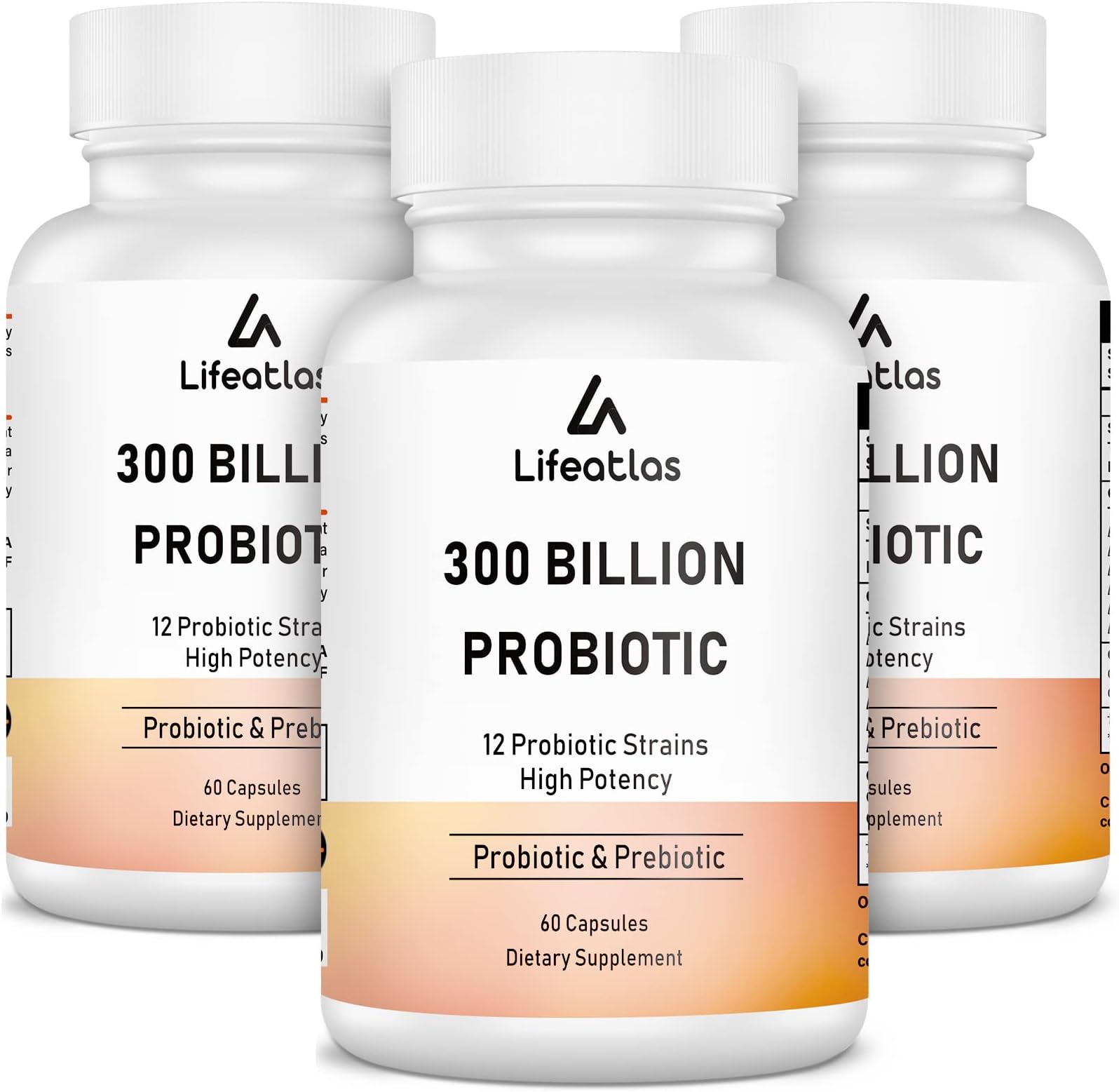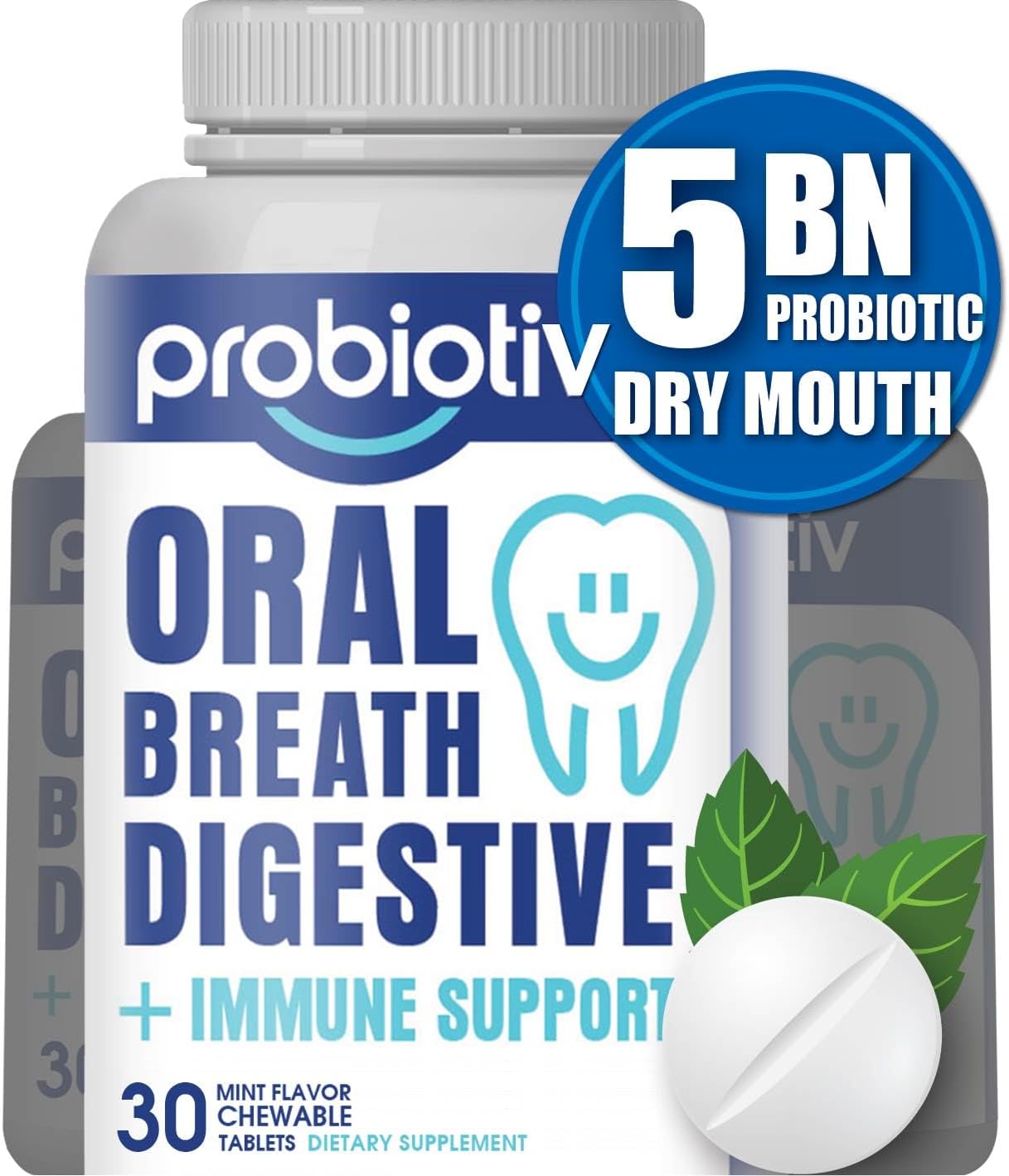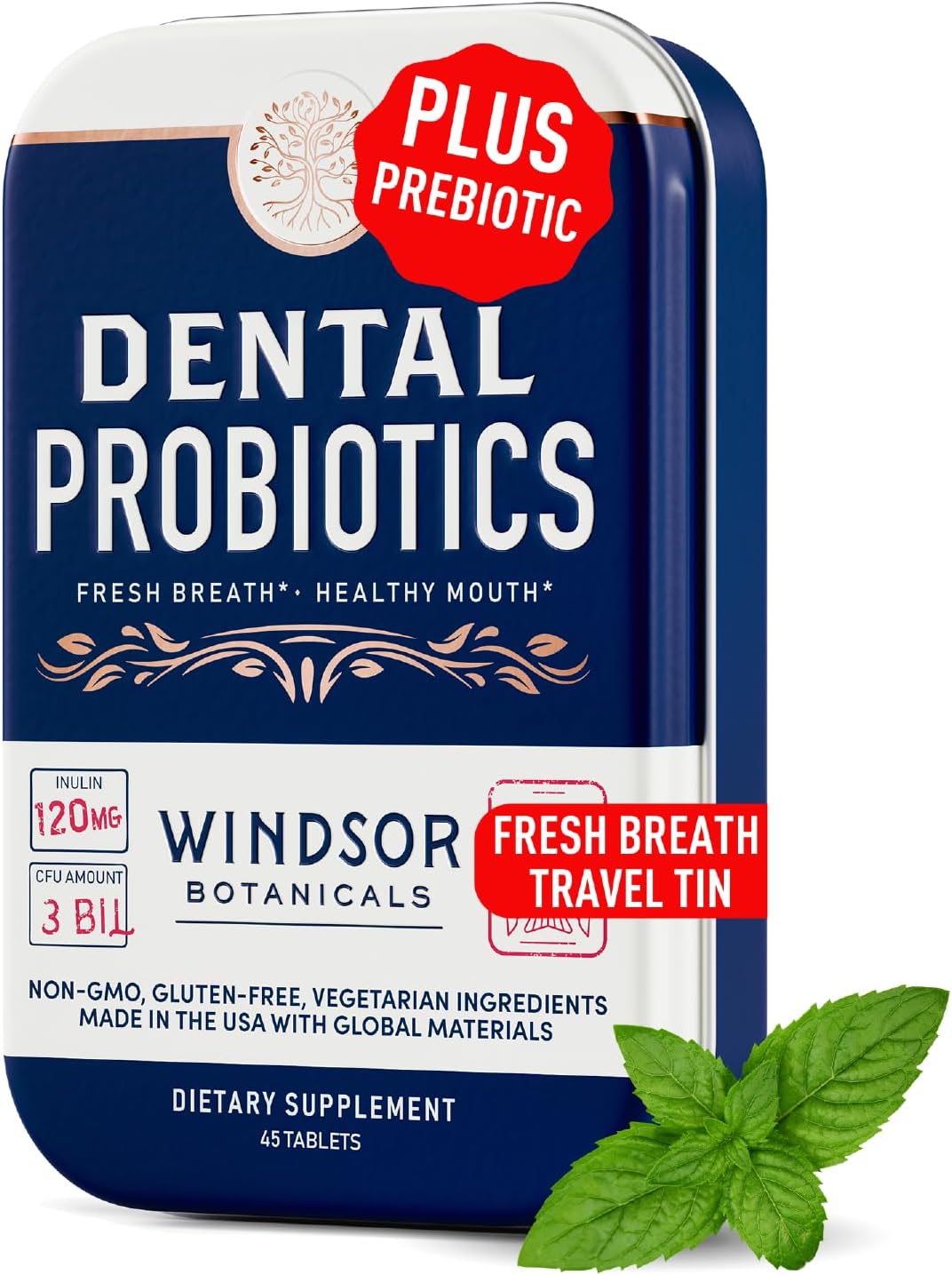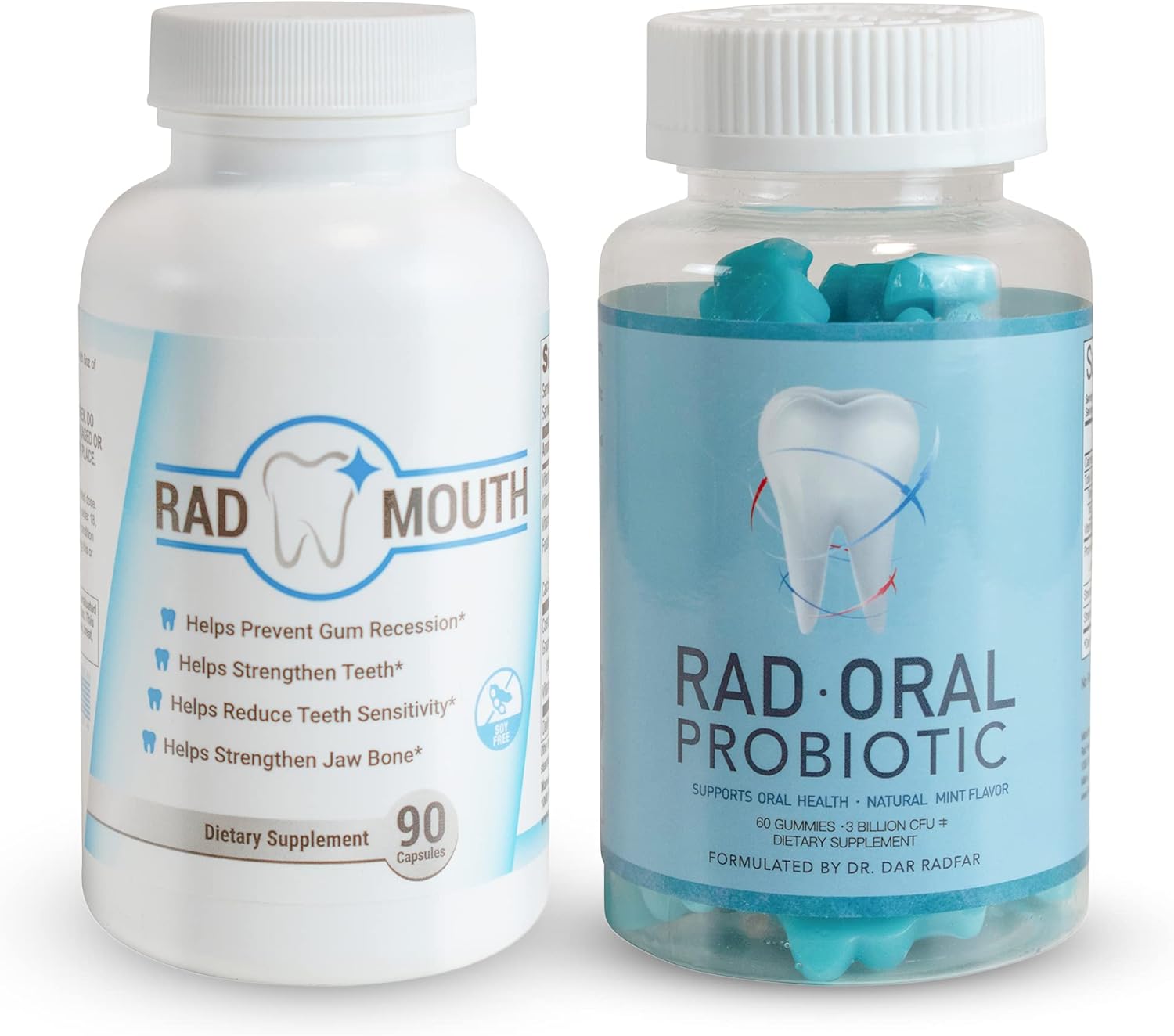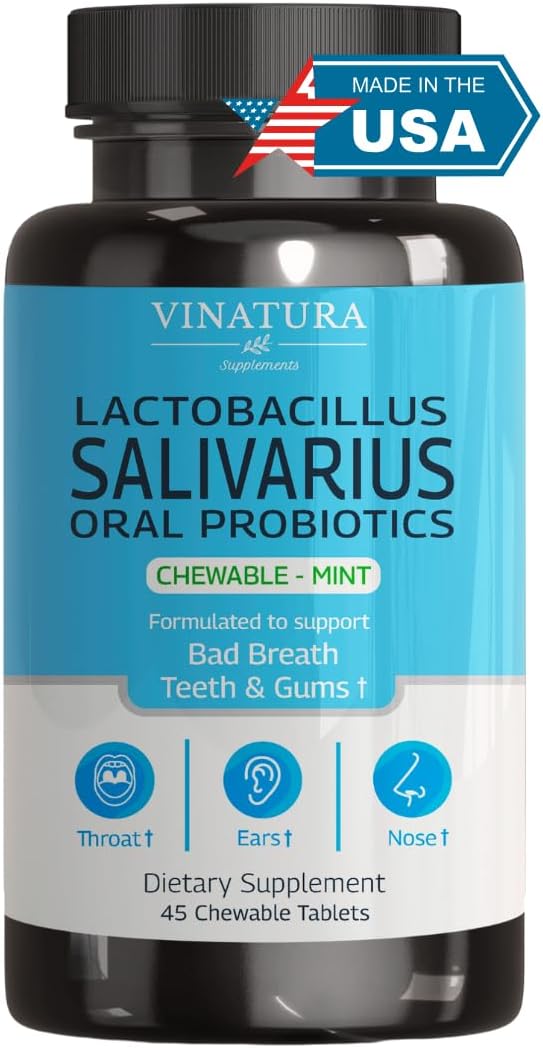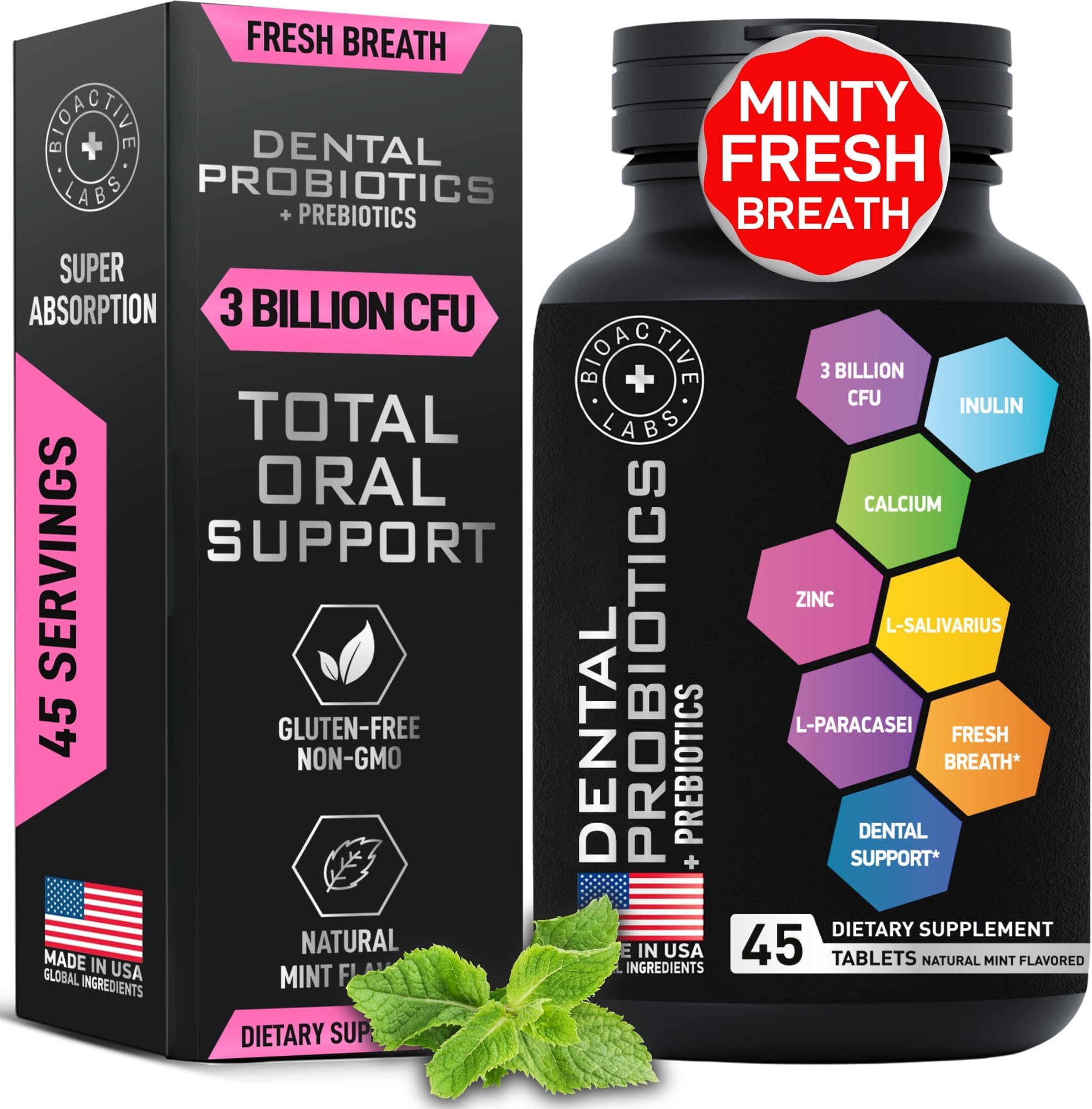How Probiotics Prevent Tooth Decay The Case Of Lactobacillus Paracasei

The war against tooth decay, a ubiquitous battle fought daily in millions of mouths, may be getting a powerful new ally: probiotics. While often associated with gut health, emerging research is highlighting the potential of specific probiotic strains to combat Streptococcus mutans, the primary culprit behind dental caries. Could these beneficial bacteria offer a natural, preventive strategy against a condition affecting people of all ages?
This article delves into the promising role of probiotics, particularly Lactobacillus paracasei, in preventing tooth decay. We will explore the scientific evidence supporting its efficacy, the mechanisms through which it operates, and the potential implications for future dental care. The discussion will also consider different perspectives and challenges associated with using probiotics as a dental health tool.
The Science of Tooth Decay and Probiotics
Tooth decay, or dental caries, is a biofilm-mediated disease driven by the fermentation of dietary sugars by bacteria like S. mutans.
This process results in the production of acids that demineralize tooth enamel, leading to cavities.
Traditional preventive measures include brushing, flossing, and fluoride treatments, all aimed at reducing bacterial load and strengthening enamel.
Probiotics, defined as live microorganisms that, when administered in adequate amounts, confer a health benefit on the host, are increasingly being explored as a complementary approach.
The concept hinges on the principle of microbial interference, where beneficial bacteria compete with and inhibit the growth of harmful bacteria.
Lactobacillus paracasei: A Promising Probiotic for Oral Health
Several Lactobacillus species have shown potential in oral health, but L. paracasei has garnered particular attention.
Studies suggest that certain strains of L. paracasei can effectively inhibit the growth and activity of S. mutans.
This inhibition occurs through several mechanisms, including the production of antimicrobial substances and competition for adhesion sites on teeth.
Mechanisms of Action
L. paracasei can produce bacteriocins, peptides that kill or inhibit the growth of other bacteria, including S. mutans.
It can also compete with S. mutans for adhesion to the tooth surface, reducing the formation of biofilms.
Moreover, some strains of L. paracasei can modulate the inflammatory response in the oral cavity, further contributing to oral health.
In vitro studies have demonstrated the ability of L. paracasei to inhibit S. mutans biofilm formation and acid production.
Clinical trials have shown that consumption of L. paracasei can reduce the levels of S. mutans in saliva and plaque.
However, the efficacy of probiotics can vary depending on the strain, dosage, and delivery method, highlighting the need for further research.
Evidence from Clinical Trials
Several clinical trials have investigated the effects of L. paracasei on oral health indicators.
One study published in the Journal of Applied Microbiology found that chewing gum containing L. paracasei significantly reduced salivary S. mutans counts in children.
Another study in the Caries Research journal demonstrated that milk containing L. paracasei reduced the incidence of caries in preschool children.
However, some studies have yielded mixed results, emphasizing the importance of strain-specific effects.
A systematic review and meta-analysis published in the Journal of Dental Research concluded that while probiotics show promise in preventing dental caries, more high-quality research is needed to determine the optimal strains, dosages, and delivery methods.
Challenges and Future Directions
Despite the promising findings, several challenges remain in translating the benefits of L. paracasei into widespread dental practice.
One challenge is the transient nature of probiotic colonization in the oral cavity.
Probiotics need to be delivered in a way that allows them to persist and exert their beneficial effects over time.
Another challenge is the variability in probiotic formulations and the lack of standardized quality control measures.
This can make it difficult to compare results across studies and ensure the efficacy and safety of probiotic products.
Future research should focus on identifying the most effective strains of L. paracasei for preventing tooth decay.
It should also explore novel delivery methods, such as slow-release formulations or targeted delivery to the tooth surface.
Additionally, studies are needed to assess the long-term effects of probiotics on the oral microbiome and overall health.
Expert Opinions and Perspectives
Dr. Emily Carter, a leading researcher in oral microbiology, stated,
"Probiotics represent a promising avenue for preventing tooth decay, but we need to move beyond simply adding bacteria to the mouth. We need to understand how these bacteria interact with the existing oral microbiome and how we can create a stable, beneficial ecosystem."
Some dentists remain skeptical, citing the lack of robust evidence from large-scale clinical trials.
Others are more optimistic, viewing probiotics as a valuable addition to traditional preventive measures.
The consensus is that more research is needed to fully understand the potential of probiotics in dental care.
Conclusion
The evidence suggests that Lactobacillus paracasei holds promise as a preventive agent against tooth decay.
While further research is needed to optimize its use, this probiotic could become an important tool in the fight against caries.
As our understanding of the oral microbiome deepens, we may see a future where probiotics play a central role in maintaining oral health, offering a natural and effective way to prevent tooth decay and promote overall well-being.


